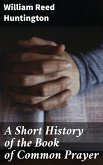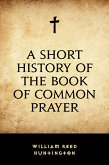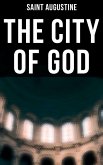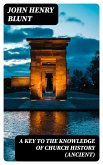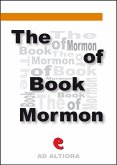In "A Short History of the Book of Common Prayer," William Reed Huntington masterfully traces the evolution of one of the most significant liturgical texts in the Anglican tradition. This work meticulously examines the origins, revisions, and theological underpinnings of the Book of Common Prayer, with a focus on its role in shaping public worship and communal identity. Huntington's prose combines clarity with rich historical detail, situating the text within the broader context of ecclesiastical history and the changing landscapes of faith and practice in the Christian community. The narrative weaves together an analysis of liturgical developments and the social-political influences that have steered its transformation over the centuries. William Reed Huntington (1838-1909) was not only a bishop but also a significant theologian and historian, whose ecclesiastical career coincided with profound changes in Anglicanism. His deep involvement in church affairs and commitment to liturgy undoubtedly inspired him to explore the Book of Common Prayer's multifaceted history. Huntington's scholarly insights, grounded in a profound understanding of Anglican tradition, make his examination particularly compelling and authoritative. This book is essential reading for scholars, clergy, and laypersons alike, offering important insights into the Book of Common Prayer's continued relevance in contemporary worship. Huntington's engaging narrative invites readers to appreciate the rich tapestry of history that informs their spiritual practices today, making it a valuable addition to any theological library.
Dieser Download kann aus rechtlichen Gründen nur mit Rechnungsadresse in A, B, BG, CY, CZ, D, DK, EW, E, FIN, F, GR, H, IRL, I, LT, L, LR, M, NL, PL, P, R, S, SLO, SK ausgeliefert werden.



